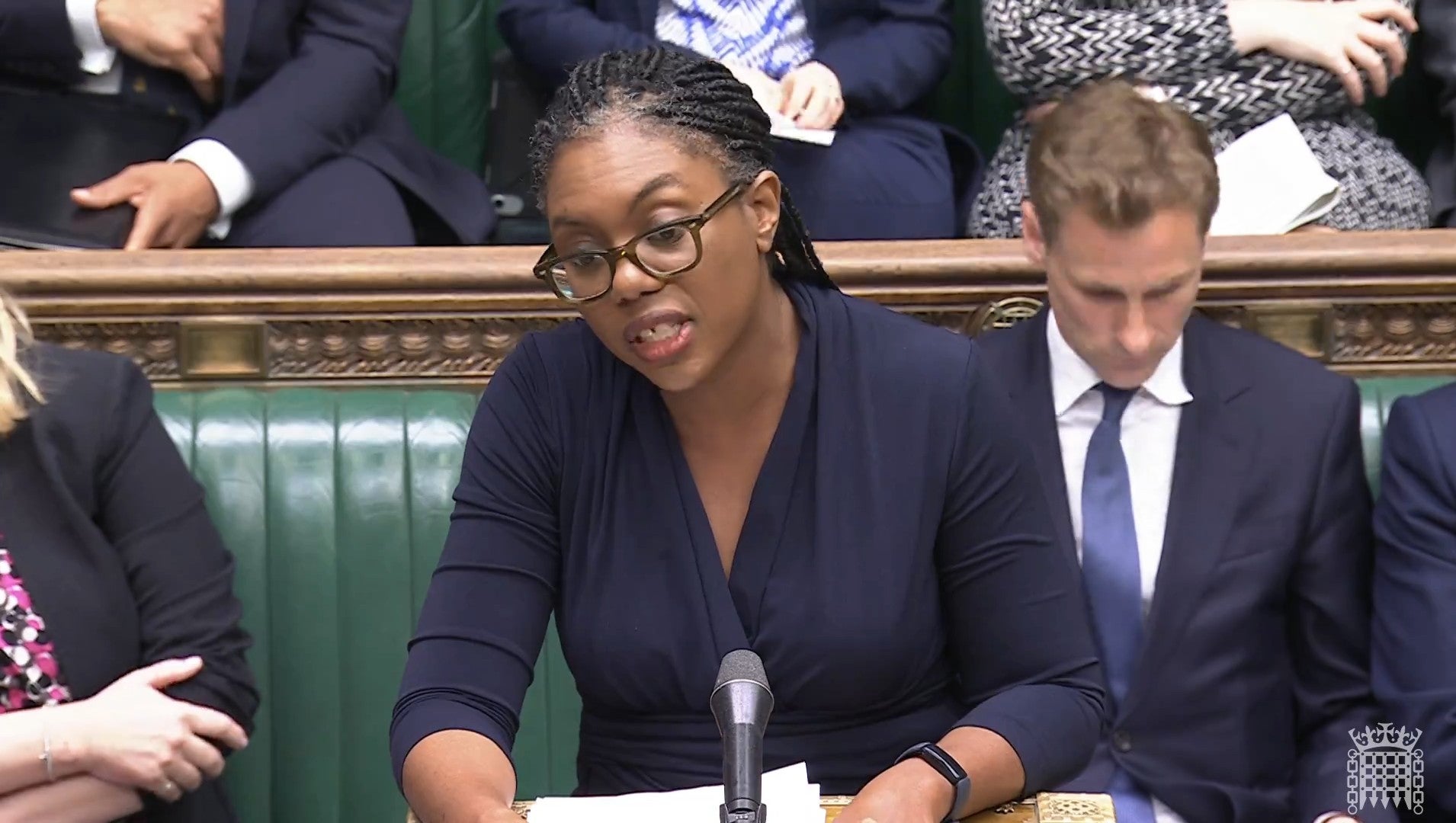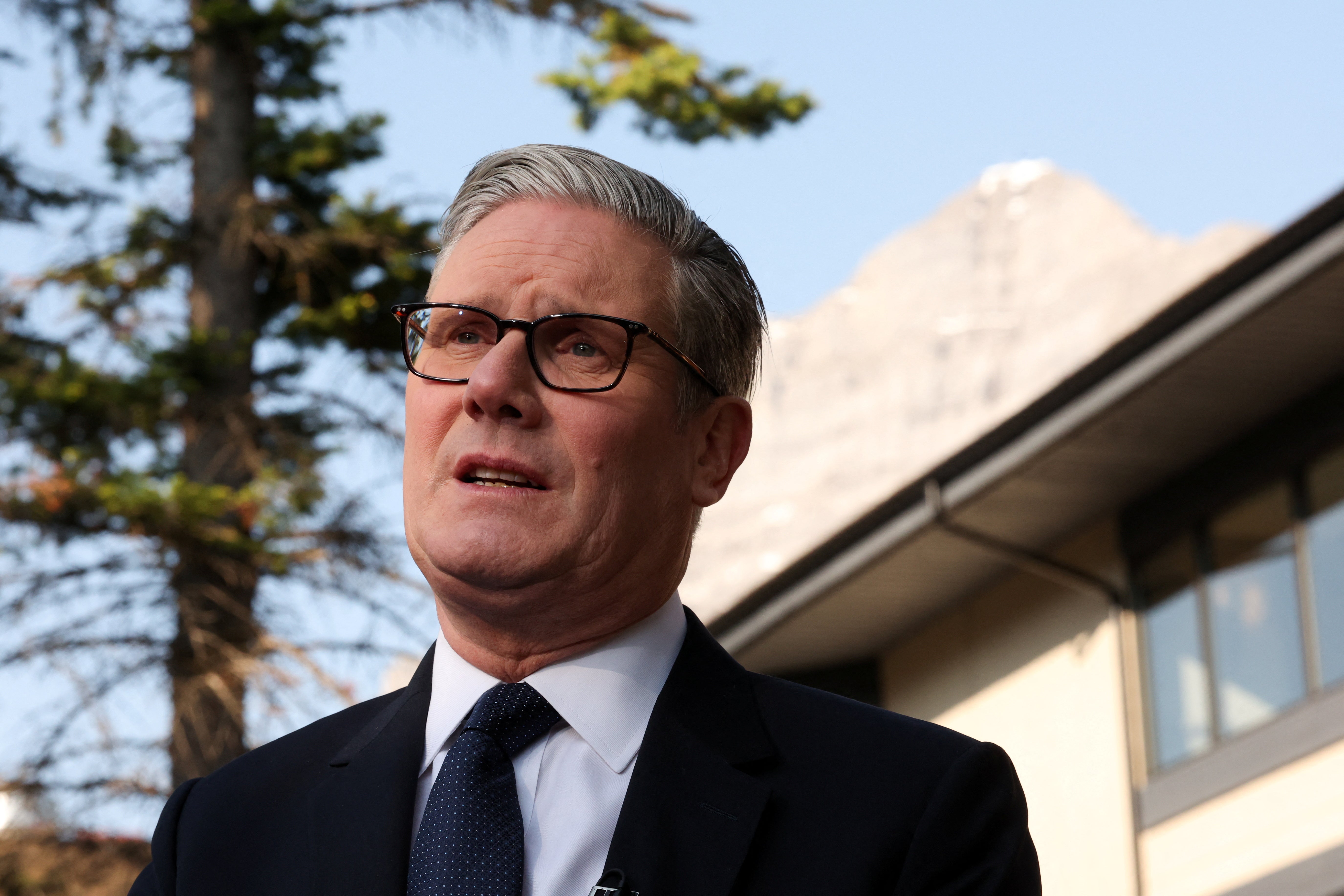Children and teenage girls were blamed for crimes perpetrated against them, a “deeply disturbing” report into grooming gangs has found.
Yvette Cooper has vowed to take immediate action on 12 recommendations by Baroness Louise Casey following a rapid national audit on grooming gangs in Britain.
The home secretary said there had been “too much denial’ and “too little justice” for victims as she announced a string of measures, including a time-limited national inquiry and mandatory collection of data on the nationality and ethnicity of perpetrators.
Addressing the Commons, Ms Cooper said:
- The report found “clear evidence” of over-representation of Asian and Pakistani heritage men among grooming gang suspects
- The government issued an “unequivocal apology” to victims for the country’s failure to keep them safe
- The audit identifies a deep-rooted failure to “treat children as children” in investigations
- Grooming gangs are to be treated as “serious and organised crime”, and more than 800 cold cases will be followed up by the National Crime Agency
- Asylum seekers who are found guilty of grooming children or committing sexual offences will have their applications rejected
In her 200-page report, Baroness Casey called for tougher prosecution of men who have sex with under-16s to ensure their charges are never downgraded from rape.
She said we have “failed in our duty” to properly understand this kind of group offending as she hit out at an “appalling” lack of data over offenders’ ethnicities. After her report’s publication, she told Sky News that she was even “following through on a children's file in archive and found the word 'Pakistani' tippexed out”. “ "I thought whoever did that inadvertently was giving ammunition to the English Defence League that were every week, in and out, campaigning and doing their stuff in that town,” she said.
And in the report, she wrote: “If we’d got this right years ago – seeing these girls as children raped rather than ‘wayward teenagers’ or collaborators in their abuse, collecting ethnicity data, and acknowledging as a system that we did not do a good enough job – then I doubt we’d be in this place now.”

In a briefing with journalists at Westminster, Baroness Casey called for victims who have criminal records for things they were forced to do under duress to have their convictions overturned.
She also admitted she changed her mind about the need for a national inquiry, which she said should take just three years, after just one area came forward to take part in the government’s previous plan for five local reviews.
And she said not collecting more data on the ethnicity of grooming gangs does a "disservice" to the British Pakistani community and could leave them at risk, saying it was only helping perpetrators not to bring a fuller picture to light.
Grooming gangs are thought to be operating today, largely targeting girls aged between 10 and 15, the inquiry found.
The model of grooming gangs often sees perpetrators shower vulnerable teenagers – often those in care or with learning or physical disabilities – with attention and grooming them to believe they are a “boyfriend”.
They may later pass them to others for sex or turn to violence and coercion to control them.
“This model has not changed significantly over time, although the grooming process is now as likely to start online, and hotspots might have moved from parks to vape shops and the use of hotels with anonymous check-in facilities,” the report found.
Ms Cooper described it as “one of the most horrific crimes” as she issued an “unequivocal apology” to survivors.
“Children as young as 10 plied with drugs and alcohol, brutally raped by gangs of men and disgracefully let down again and again by the authorities who were meant to protect them and keep them safe,” she told the Commons.
Ms Cooper described Baroness Casey’s findings as “damning”, adding: “She has found continued failure to gather proper robust national data despite concerns being raised going back very many years.
“In the local data that the audit examined from three police forces, they identify clear evidence of overrepresentation among suspects of Asian and Pakistani heritage men, and she refers to examples of organisations avoiding the topic altogether for fear of appearing racist or raising community tensions.”
The national inquiry into grooming gangs will aim to tackle “continued denial, resistance and legal wrangling”, she added.

Conservative leader Kemi Badenoch said the probe “must start with known hot spots” such as Bradford and Rochdale as she hit out at the prime minister for “dithering and delay”.
Baroness Casey’s findings prompted Sir Keir Starmer to bow to months of pressure by announcing a statutory national inquiry.
The government had previously resisted calls for such an inquiry, saying it would focus instead on implementing recommendations from a seven-year probe by Professor Alexis Jay.
In January, Sir Keir became embroiled in a row with tech billionaire Elon Musk, who called safeguarding minister Jess Phillips a “rape genocide apologist” and accusing Sir Keir of “hiding terrible things”.
In February, Baroness Casey was appointed to carry out a rapid national audit looking at the scale of grooming gangs.
No 10 said the new inquiry will look at how young girls “were failed so badly” and institutions who failed to act to protect them will “not be able to hide and will finally be held to account for their actions”.
The Home Office has confirmed that the National Crime Agency (NCA) will follow up on more than 800 cold cases and work with police to re-examine past cases that “were not progressed through the criminal justice system.”

Local inquiries already announced are expected to become part of the national inquiry, Downing Street said. It will build on the seven-year Independent Inquiry into Child Sexual Abuse (IICSA), led by Prof Jay, which found institutional failings and tens of thousands of victims across England and Wales.
However, a prominent children’s charity has cautioned that the government must not wait until the end of the new inquiry to implement the recommendations.
Lynn Perry, chief executive of Barnardo’s, said: “Children and survivors of abuse have already been waiting many years for action, so it’s vital the government doesn’t wait for the outcome of this new inquiry to implement recommendations from previous ones.”







